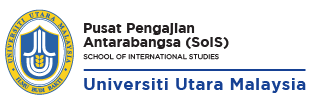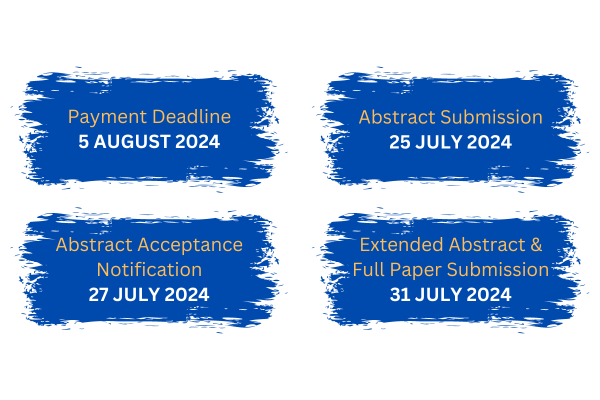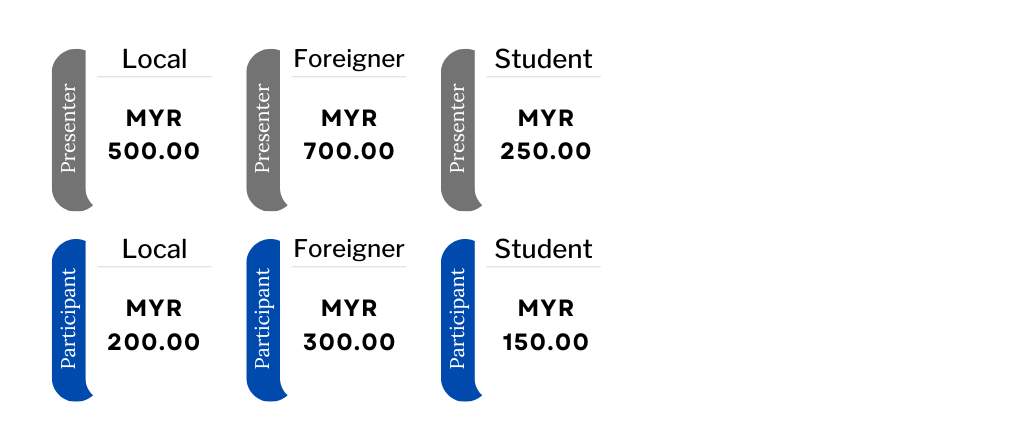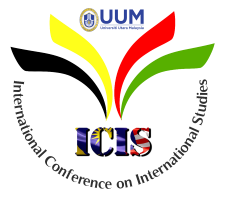
Universiti Utara Malaysia, Sintok
10th INTERNATIONAL CONFERENCE ON
INTERNATIONAL STUDIES
(ICIS2024)
“From Disruption to Opportunity: Building a More Equitable and Sustainable World”
25 - 27 September 2024
EDC-UUM, Universiti Utara Malaysia, Sintok, Kedah, Malaysia
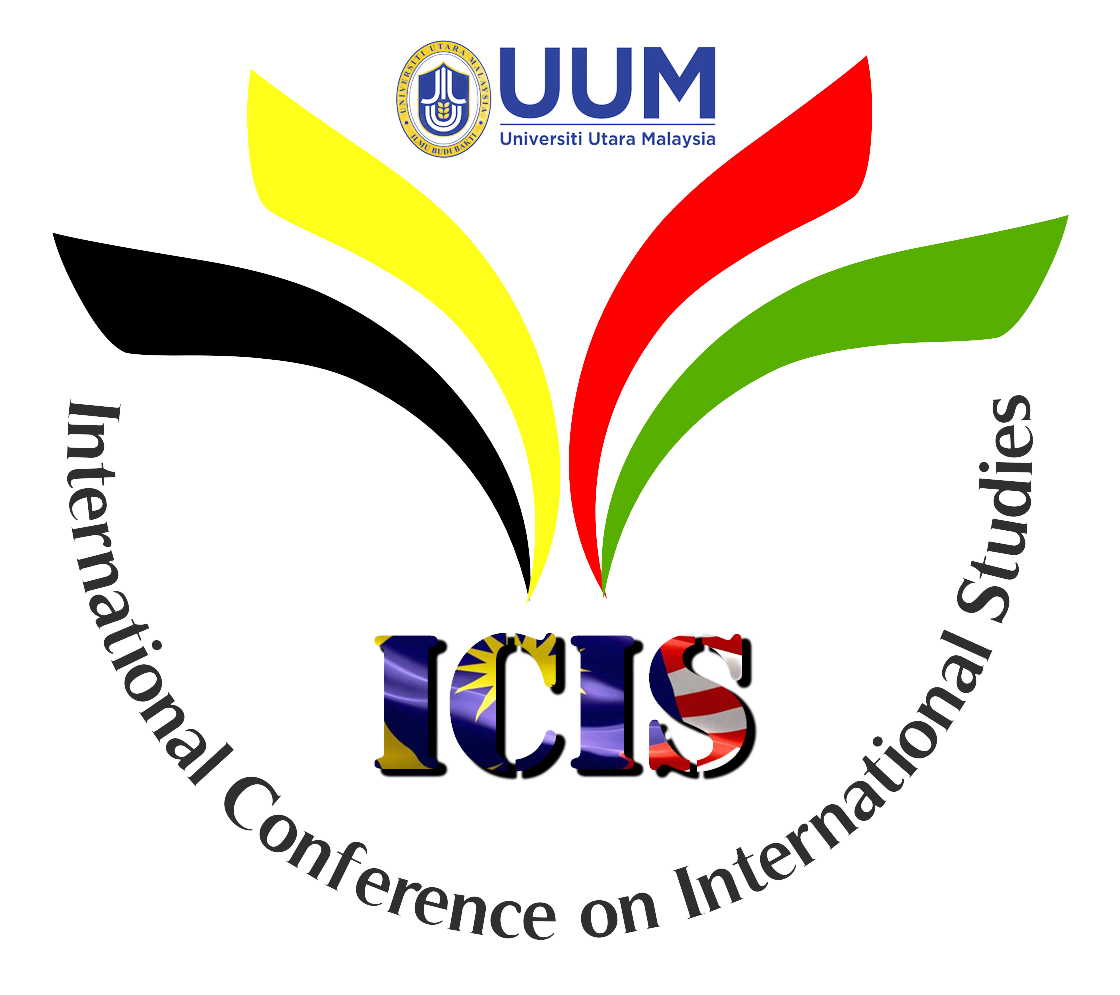
“From Disruption to Opportunity: Building a More Equitable and Sustainable World”
Call for Papers
Politics and Government, International Relations, International Law, International Political Economy, International Business, among others:
● Local Politics and Administration ● Teaching Methodologies in Politics, International Relations and International Business ● Comparative Politics ● Security and Defence Studies ● Diplomacy and Foreign Policy ● Corporate and Business Law ● Common and Civil Laws ● International Law ● International and Regional Organizations ● Peace Studies and Conflict Transformation ● International Business and Global Management ● International Technology and Knowledge Transfer ● International Entrepreneurship ● Foreign Direct Investment & International Trade ● Cross-Cultural Management ● Multinational Corporations (MNCs) ● Disaster Management ● Supply Chain Management ● Logistics and Transportation
Selected papers will be considered for the following publication:
• Scopus Indexed Journal - Journal of International Studies (JIS).
• Book Chapter
• ICIS e-proceeding
In the post-COVID-19 era, where the global landscape is intricately woven with threads of political, technological, security, and economic complexities, the undeniable truth emerges - the interactions between both states and non-state actors wield unparalleled influence, actively moulding the intricate dynamics of our world. Exploring the nuances of whether the global landscape leans towards fragmentation or integration unravels a complex question, devoid of simplistic solutions but laden with the imperative to navigate the intricate pathways of our evolving global order.
The COVID-19 pandemic exposed vulnerabilities in global cooperation and highlighted the need for stronger international frameworks. The rise of nationalism and expansionist tendencies by major powers suggest a fragmented world order. Weakening multilateralism and challenges like the Ukraine-Russia conflict further highlight this fragmentation.
However, there are signs of integration as well. The growing adoption of "Smart Power" tactics that combine hard and soft power suggests a shift towards achieving national interests through collaboration. The increasing interconnectedness of economies and the rise of technologies like AI propel globalization forward. The essence of democracy emphasis on human rights and cooperation on issues like climate change point towards a more integrated future.
This conference aims to navigate this complex dichotomy. By examining the competition within the global political economy, it seeks answers on how to foster sustainable and inclusive growth. It will explore how the global system can transform from exploitative to collaborative, and what role the global community can play in achieving lasting peace. In the wake of COVID-19, building a more resilient and cooperative global order will be crucial for addressing future challenges and ensuring a prosperous future for all.
Meet Our Speakers
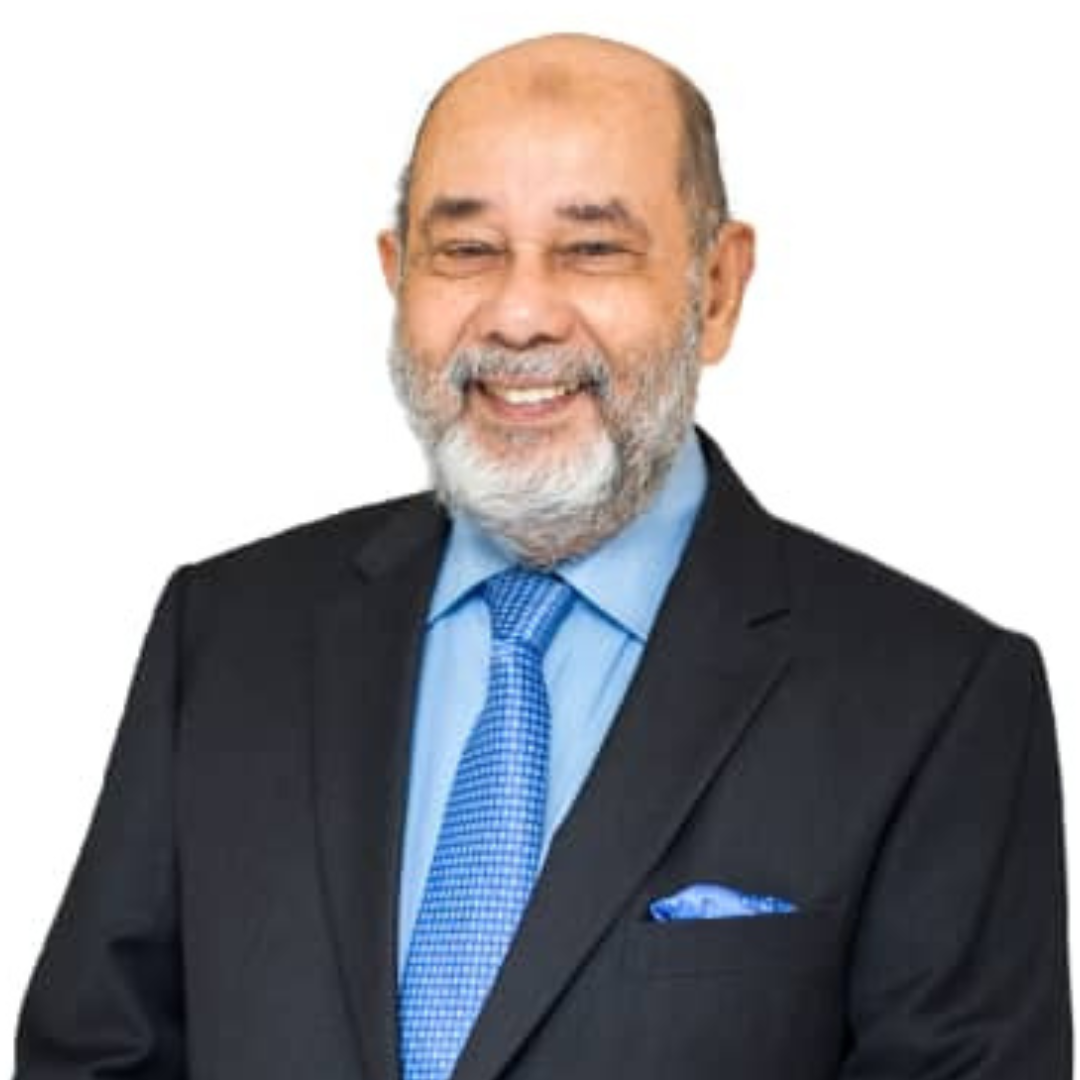

Universiti Kebangsaan Malaysia (UKM)

Universiti Tenaga Nasional (UNITEN), Putrajaya Campus

Organizer
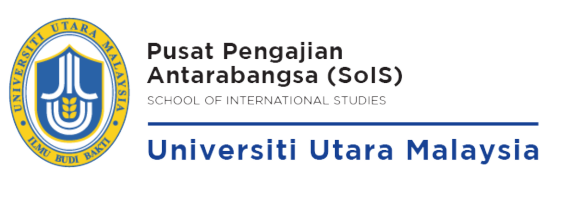
Collaborators

Contact Form
Address
UUM Sintok, 06010 Bukit Kayu Hitam, Kedah
Email Address
Phone Number
+6017 5741104 (Madam Nik Nor Suhaida)
+6012 3727914 (Dr. Noor Afzainiza)


